 Problem Solving Skills Activities
Problem Solving Skills Activities
Skills that help with the construction of thought processes, including memory, problem-solving, and decision-making.
-

- Activity Title
- ?
Topic or Theme
Identifying letters in a child's name and listen to ABC (The Alphabet Song)

-
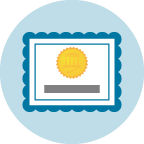
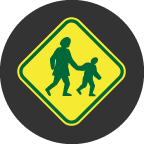
First Name
Brief description of activity or summary of tasks and/or materials used.
-

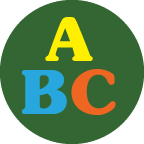
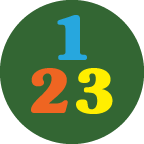
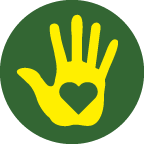

-
- Senses
- 10
Touch
Touching and describing a variety of objects
-
Touch
Touching and describing a variety of objects
-
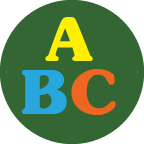

-
- Senses
- 11
Touch
Discovering sticky items
-
Touch
Discovering sticky items
-

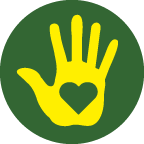

-
- Character Traits
- 12
Caring
Read the book "How Kind" by Mary Murphy to recall details and how to share kind efforts
-
Caring
Read the book "How Kind" by Mary Murphy to recall details and how to share kind efforts
-



-
- Character Traits
- 13
Caring
Memorizing a “kindness” fingerplay
-

Caring
Memorizing a “kindness” fingerplay
-




-
- Target Words
- 14
Target Words - In, Out, Empty, Full
Understanding the words "in" and "out" by singing “Hokey Pokey”
-

Target Words - In, Out, Empty, Full
Understanding the words "in" and "out" by singing “Hokey Pokey”
-



-
- Cooking
- 16
Making A Baked Apple
Reviewing target words in, out, empty and full; developing cooking and measuring skills; discovering healthy foods
-
Making A Baked Apple
Reviewing target words in, out, empty and full; developing cooking and measuring skills; discovering healthy foods
-
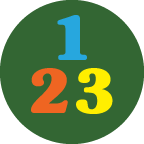


-
- Art
- 18
Making A Yellow Placemat
Drawing, listening and following directions
-
Making A Yellow Placemat
Drawing, listening and following directions
-



-
- Physical Activity
- 20
Balance (Gross Motor)
Following oral directions, improving balance, and learning to focus while playing the song "Sonata for Two Pianos in D Major, K448, II. Andante"
-
Balance (Gross Motor)
Following oral directions, improving balance, and learning to focus while playing the song "Sonata for Two Pianos in D Major, K448, II. Andante"
-



Activity Skills Focus
1 Social / Emotional Skills
Skills that develop children’s ability to understand the emotions of others and help children recognize and use appropriate social behaviors (for example, making friends). In the Department of Education report “Guiding Principles A Resource Guide for Improving School Climate of January 2014 it states “strategies such as social-emotional learning programs that address non-cognitive skills, including problem-solving, responsibility and resiliency, can also help students develop the skills needed to fully engage and thrive in the learning environment.”
2 Language Skills
Skills that help children understand and communicate during early childhood. The alphabetic principle (knowing letter names and sound-letter matches) aids in language development and is enriched by verbal interactions with other children and adults (reading aloud and engaging in conversation).
View all Language Skills Activities
3 Math / Science Skills
Math and Science skills help children with problem-solving and reasoning. Exploring numbers, patterns, and measurements by using math manipulatives (beads, counters, pennies) are all ways children develop their math skills. Asking questions about their surroundings, learning a science vocabulary (predict, observe), and having hands-on experiences with their environment can help develop their science skills.
4 Motor Skills
Motor skills are actions that involve the movement of muscles in the body. They are divided into three groups:
1. gross motor skills, which are the larger movements of arms, legs, feet, or the entire body (crawling, running, and jumping)
2. fine motor skills, which are smaller actions, such as grasping an object between the thumb and a finger (pencils or scissors)
3. sensorimotor skills which use the five senses to guide physical motions as in eye-hand coordination.
View all Motor Skills Activities
5 Problem Solving Skills
Skills that help with the construction of thought processes, including memory, problem-solving, and decision-making.
